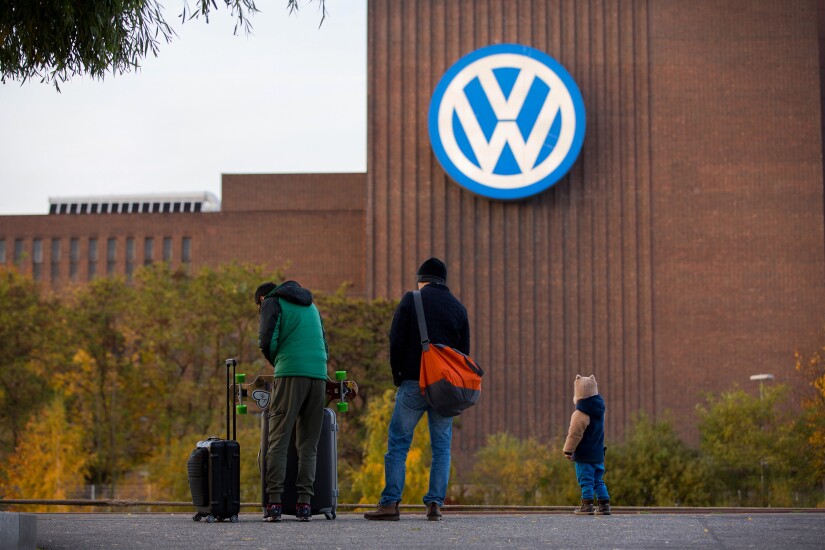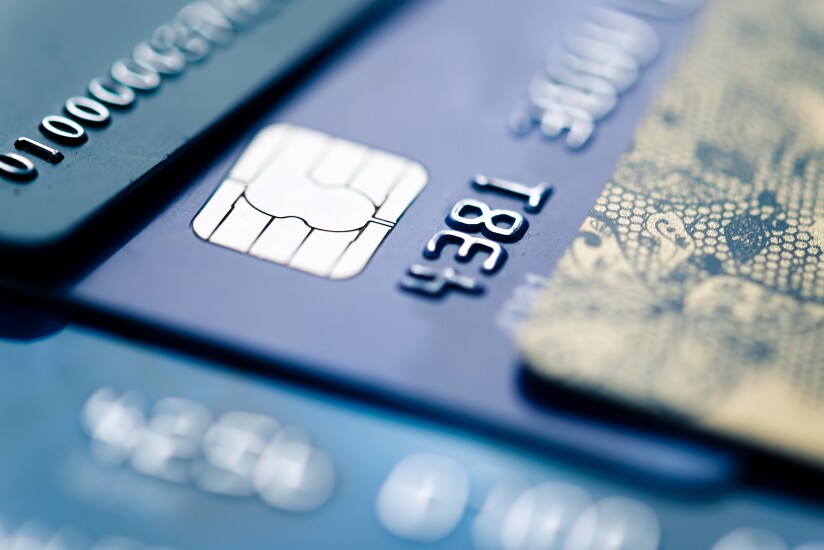2017 promises to be a defining year for many in the payments industry. Here's a look at what to expect.


A comeback for contactless cards

There's money in the Internet of Things

Cars get payments built in

Samsung Pay's make-it-or-break-it year

War on cash

Strange bedfellows






